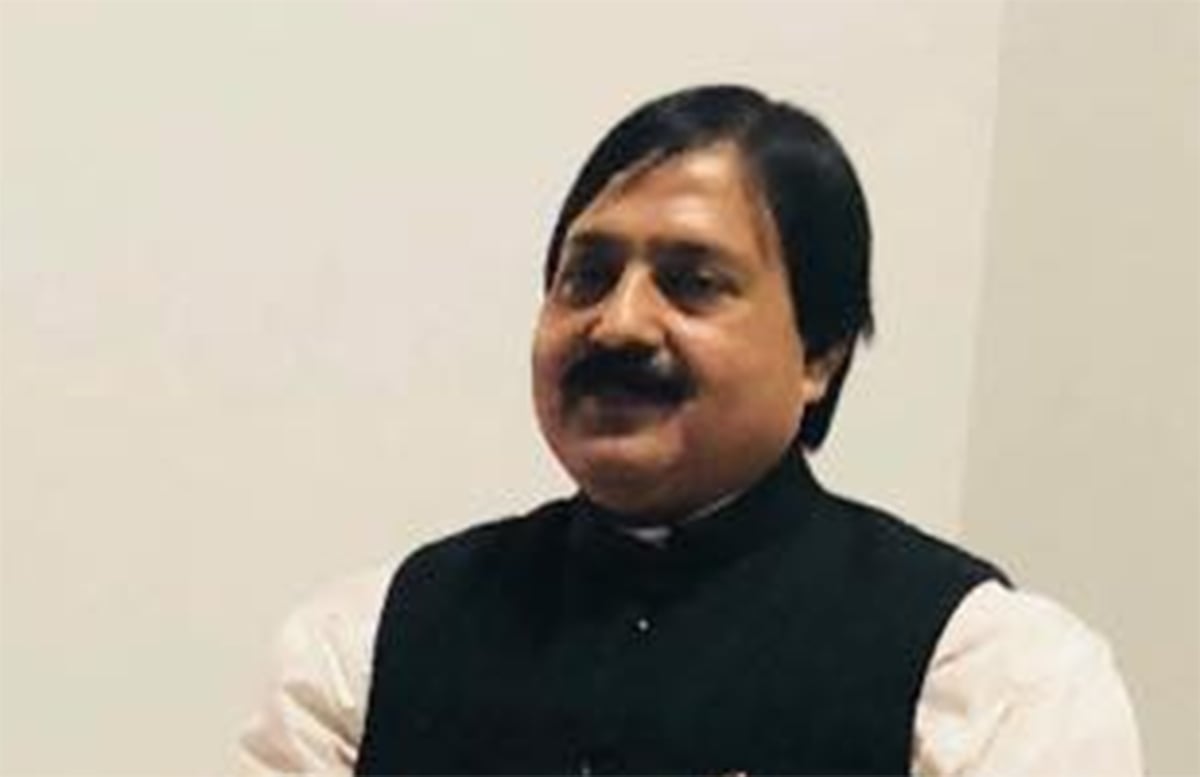

काठमाडौं। कांग्रेस नेता मोहम्मद अफताव आलमको स्वास्थ्य अवस्था चिन्ताजनक रहेको केएमसी अस्पतालले जनाएको छ।
मिर्गौलाको डायलासिस गराइरहेका आलम तिहारअगाडिदेखि केएमसीको आईसीयूमा उपचाररत् थिए। अस्पतालका अनुसार स्वास्थ्य अवस्था जटिल भएपछि भेन्टिलेटरमा राखिएको हो।
अस्पतालका प्रवन्धक नारायण दाहालका अनुसार आलमका दुबै मिर्गौला फेल भएका छन्। “तिहारदेखि नै अवस्था चिन्ताजनक बनेपछि कृत्रिम स्वासप्रश्वास दिएर भेन्टिलेटरमा उपचार भइरहेको छ,” दाहालले भने।
आलमविरूद्ध रौतहटको राजापुरमा २७ चैत २०६४ गराइएको बम विस्फोट घटनाकाका मुख्य अभियुक्त किटान गरी मुद्दा दायर गरिएको थियो। अदालतले १३ वैशाख २०८१ म आलम र अन्य तीनलाई जन्मकैदको सजाय सुनाएको थियो । त्यसविरुद्ध आलमले पुनरावेदन निवेदन दिँदा १४ जेठ २०८२ मा उच्च अदालत जनकपुरले सफाइ दिएपछि उनी छुटेका थिए।
कारागारबाट छुटेको केही दिनमै उनलाई मस्तिष्कघात भएको थियो। माइतीघरस्थित अन्नपूर्ण न्यूरो अस्पतालमा भर्नापछि डिस्चार्ज भएका आलम फेरि मिर्गौलामा समस्या देखिएपछि दसैंअगाडि केएमसी भर्ना भएका थिए। डिस्चार्ज भएको केही दिनमै मिर्गौलामा समस्या देखिएपछि उनी भर्ना भएका थिए।